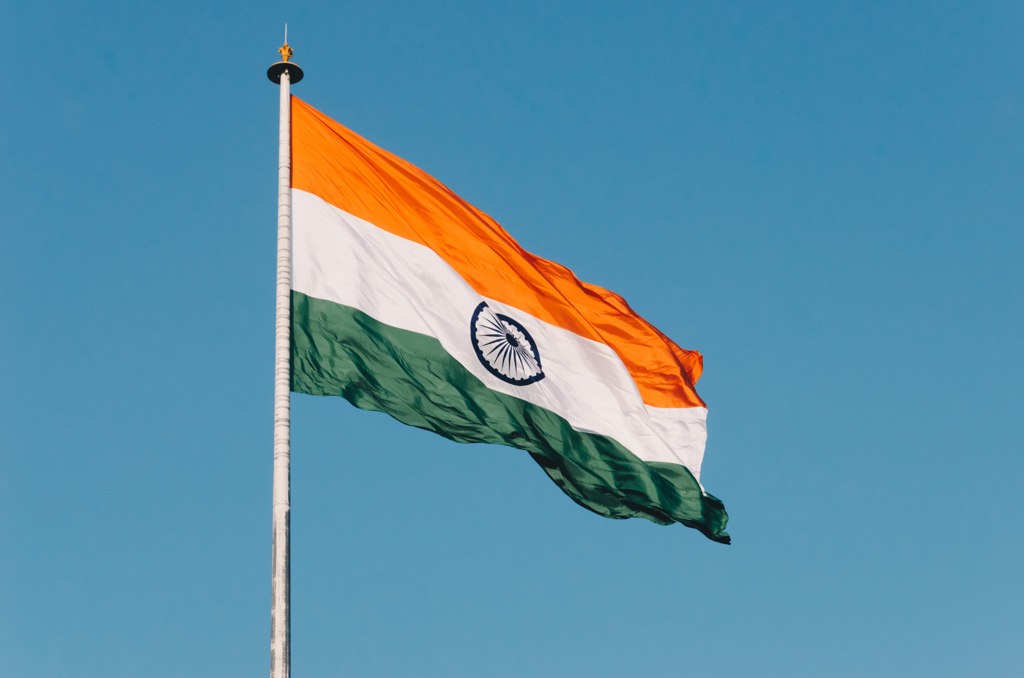On Monday, Sept. 18th, Canada’s Prime Minister Justin Trudeau accused the Indian government of involvement in the killing of Hardeep Singh Nijjar, a Canadian Sikh leader, on June 18th in the province of British Columbia.
The Prime Minister stood before the House of Commons when he disclosed that Canadian security agencies had credible allegations that link the murder of Hardeep Singh Nijjar with involvement on behalf of the Indian government, which is said to have targeted Nijjar for his Sikh separatist advocacy.
The alleged evidence of Indian involvement in Canadian soil takes the form of communications between Indian officials as well as Indian diplomats in Canada. Moreover, the evidence collected was partially provided through an unnamed Canadian ally in the Five Eyes intelligence alliance, which encompasses Canada, Australia, New Zealand, the United Kingdom and the United States.
Prime Minister Justin Trudeau’s allegations against India’s government have been followed by increased tensions between Canada and India, resulting in the expelling of diplomats in both countries and the temporary banning of visa issuing for Canadians visiting India.
More importantly, if the allegations are true, this could entail that India is taking a more hostile approach to their foreign policy that will likely make it difficult for reconciliation to occur.
Sikh independence and the Khalistan:
Hardeep Singh Nijjar resided in Surrey, British Columbia, where he was known amongst his community for being an open Khalistan supporter. The Khalistan is a movement that aims for the separation of the region of Punjab as a separate homeland for Sikhs in India.
India actively considers the Khalistan movement to be a threat to national security, and the history of violence against Khalistan supporters stems from the time of India’s partition in the 1940s.
In India, Nijjar was labelled as a terrorist for supporting the Khalistan movement and was wanted under India’s Terrorist Act. While the Indian government warned Canadian officials in 2016 about Nijjar’s alleged terrorist activities, the Canadian police did not issue charges against Nijjar in Canada. In response, Nijjar addressed a letter to the Prime Minister of Canada in the same year clearing up the allegations.
“I have never believed in, supported or been involved in any violent activity,” said Nijjar.
Soon before Nijjar’s assassination, he was said to have been working on a non-binding referendum for other Sikhs in British Columbia to vote on the establishment of a separate Khalistan state. Although over 95 per cent of the Sikh diaspora residing in India considers themselves “Indian”, the support for Khalistan within the Sikh diaspora in Canada is prevalent.
India’s Response
On Sept. 19th, the Indian government issued an official statement rejecting the claims of foreign interference in the killing of Nijjar, calling the allegations “absurd and motivated.” Likewise, the Indian government made clear in their statement that they perceive that the allegations take away from the issue of Khalistan extremists finding shelter in Canada.
Seeing as Canada called for the expulsion of Indian diplomat Pavan Kumar Rai, the Indian government retaliated hours later by expelling a senior Canadian diplomat. The official statement outlined that the decision reflects the concern “at the interference of Canadian diplomats in our internal matters and their involvement in anti-India activities,” as stated by India’s Ministry of External Affairs.
Taking effect on Sept. 21st, the government of India declared the indefinite suspension of visa issuing for Canadian nationals. As well, the Indian government posted a travel advisory for Indian citizens to exercise extreme caution in Canada, citing the growing “anti-India” activities in the country, referring to the support found for Khalistan in Canada.
As for Canada, Prime Minister Justin Trudeau has avoided clarifying if Canada plans to follow suit and halt visa services for Indian citizens.
What does this mean for the Canada-India relationship?
While any observant eyes will have noticed the simmering issues that Canada and India have conflicted on, the most recent accusations against the Indian government have created a much more tangible rift between Canada and India.
The alleged targeted killing of Hardeep Singh Nijjar by the hands of Indian authorities could suggest a more aggressive foreign policy plan on India’s behalf, facilitated by its growing influence in the global stage. What makes it especially challenging to counter any potential rise in Indian foreign interference and activity is the fact that many nations in the Western world increasingly look at India as a counterweight to China’s growing influence.
For that very reason, member states of the Five Eyes intelligence agency have been reluctant to openly support Canada’s condemnation of the Indian government’s alleged targeted killing of Nijjar. Members of the Five Eyes intelligence agency tread a careful line between upholding the rule of law in support of Canada’s allegations while ensuring not to upset their strategic ally, India.
Reconciliation between India and Canada will be an overwhelmingly large challenge to take on, especially due to fundamental disagreements between India and Canada on the issue of Khalistan. While Canada protects religious freedoms and allows for citizens to advocate for Khalistan on Canadian soil, the Indian government interprets these freedoms as the Canadian government protecting “terrorists” fighting for Khalistan. This fundamental disagreement makes the investigation of Hardeep Singh Nijjar’s murder even more difficult.

